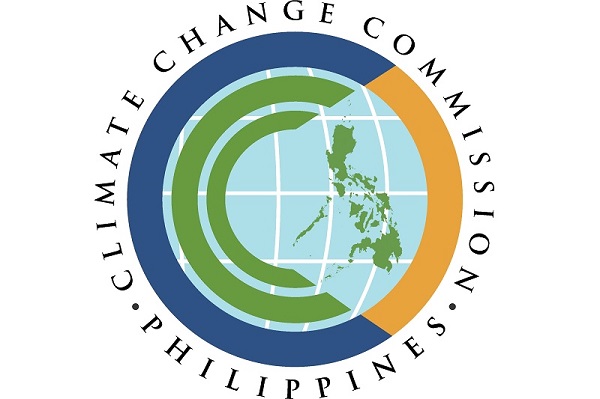
June 03, 2024 Monday

MANILA, 3 June 2024 — The Climate Change Commission (CCC) lauded President Ferdinand R. Marcos, Jr.’s signing of Republic Act No. 11995 (RA 11995), also known as the Philippine Ecosystem and Natural Capital Accounting System (PENCAS) Act, citing that the institutionalization of national resource accounting will protect and promote ecological balance and advance climate resilience of the Philippines.
The CCC stated that the PENCAS Act represented a “significant stride towards aligning the country's economic policies with sustainable practices to ensure that climate change mitigation and adaptation are at the center of the country’s national development plans, consistent with the vision of President Marcos of a climate smart and resilient Philippines.”
CCC Vice Chair and Executive Director (VCED) Robert Borje pointed out that the PENCAS Act or RA 11995 initiates the adoption and integration of internationally accepted environmental economic accounting frameworks into the country’s resource management. The PENCAS Act, Borje added, mandates the compilation of officially designated statistics on the depletion, degradation, and restoration of natural capital, environmental protection expenditures, pollution, and quality of lands, air, and water, stating also that these data sets will be the basis for national decision-making processes on economic, environmental, and health policy developments.
The law established a mechanism for monitoring and reporting that will contribute to the protection, conservation, and restoration of Philippine ecosystems and environmental resources.
“We thank President Marcos for signing the PENCAS Act. The new law is crucial in realizing the vision of a climate resilient and smart Philippines. PENCAS helps ensure that national policies continue to be driven by best available science and current and more complete data sets,” Borje said.
CCC also thanked the Senate and the House of Representatives, including Senator Loren Legarda, for key roles in passing the law.
“The PENCAS Act mandates the inclusion of the country’s natural resources as a vital component of the national economy, supplementing traditional metrics such as gross domestic product (GDP) and human capital,” said Senator Loren Legarda, principal author of the law.
“Ngayong ganap nang batas ang PENCAS, inaasahan ko na mapapamahalaan at mapangangalagaan ng maayos ang ating likas na yaman, na naaayon sa datos at impormasyon ng tunay na ambag nito bilang batayan ng ekonomiya, para sa isang makakalikasang pag-unlad ng ating bansa,” she added.
The CCC recognized PENCAS’ alignment with global and national climate frameworks such as the Paris Agreement, National Climate Change Action Plan, National Adaptation Plan, Philippine Development Plan, and Nationally Determined Contribution Implementation Plan.
“PENCAS is the cornerstone for precise and transparent policy formulation and decision-making in ecological and natural resources management in the country. Furthermore, it provides the solid rationale for directing investments towards programs aimed at fostering healthy, sustainable ecosystem services, and resilient Filipino communities,” said VCED Borje.
The law tasks the Philippine Statistics Authority (PSA) with leading its implementation. Meanwhile, the Department of Agriculture and the Department of Environment and Natural Resources will closely collaborate with the PSA for the provision of the National Capital Accounting (NCA).
Specific inputs by the CCC during the development of the law include the establishment of natural capital units, valuation of natural capital accounts, involvement of local government units in data collection, implementation of an open data system, and strengthening monitoring, evaluation and reporting mechanisms.
The CCC remains steadfast in its commitment to actively participate in the formulation of pro-climate policies that protect the country’s ecosystems, biodiversity, and natural resources.
By supporting PENCAS and similar legislation, the CCC hopes to promote efficient use of resources, reduce environmental risks, and support long-term economic growth that aligns with the country’s climate goals and agenda.
For more information on the CCC’s climate mainstreaming activities, visit www.climate.gov.ph and www.facebook.com/CCCPhl.